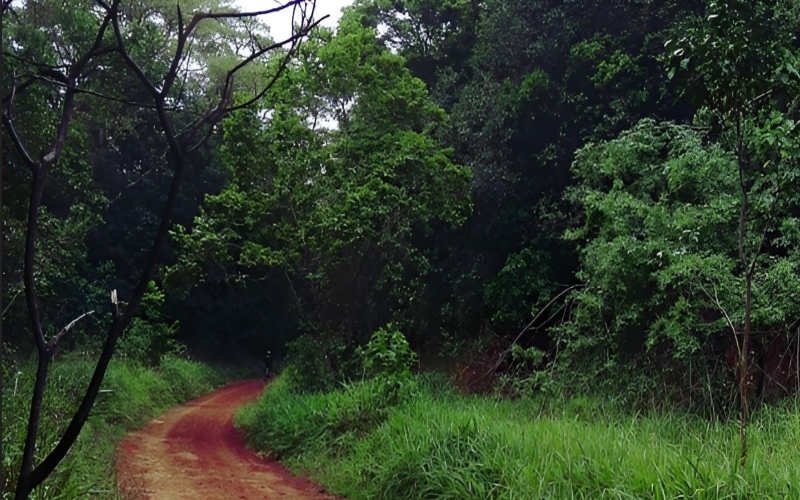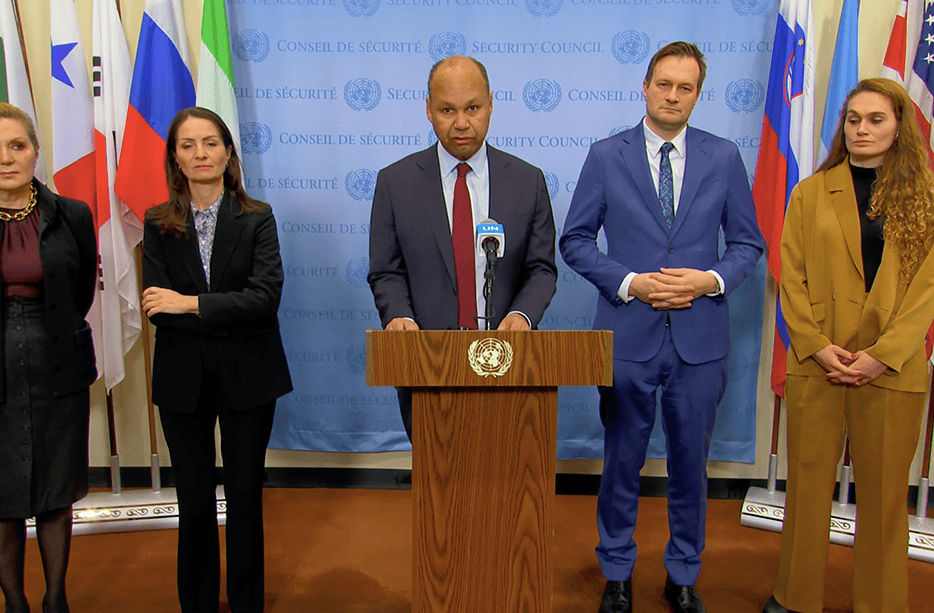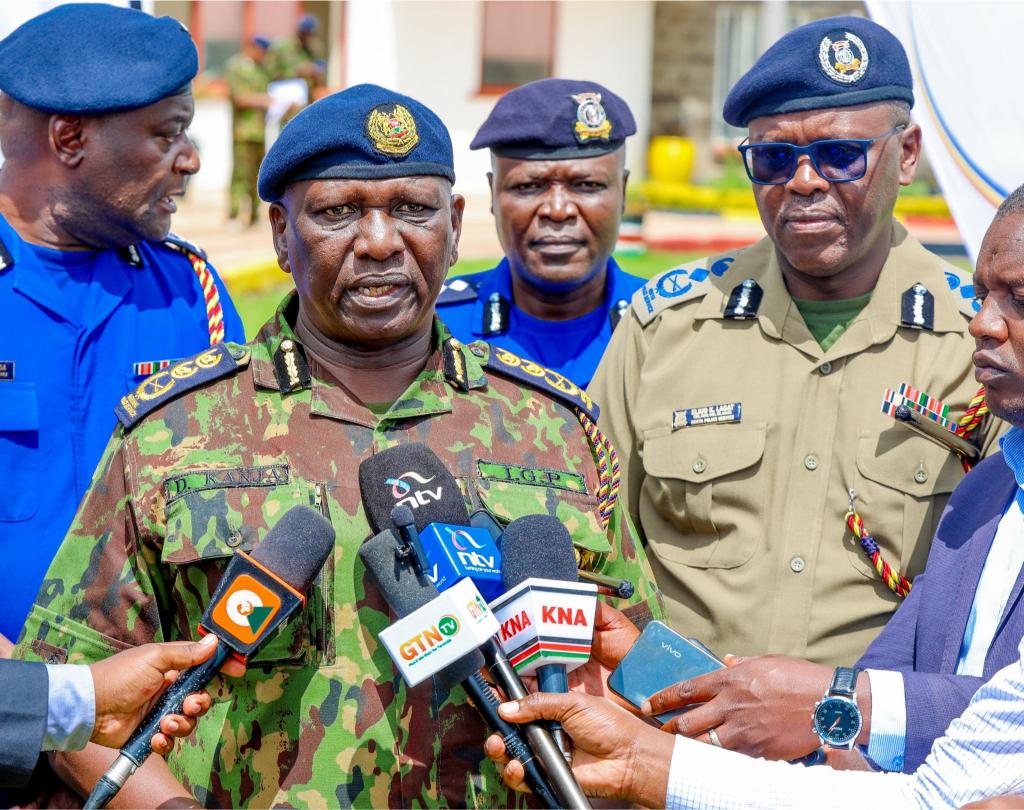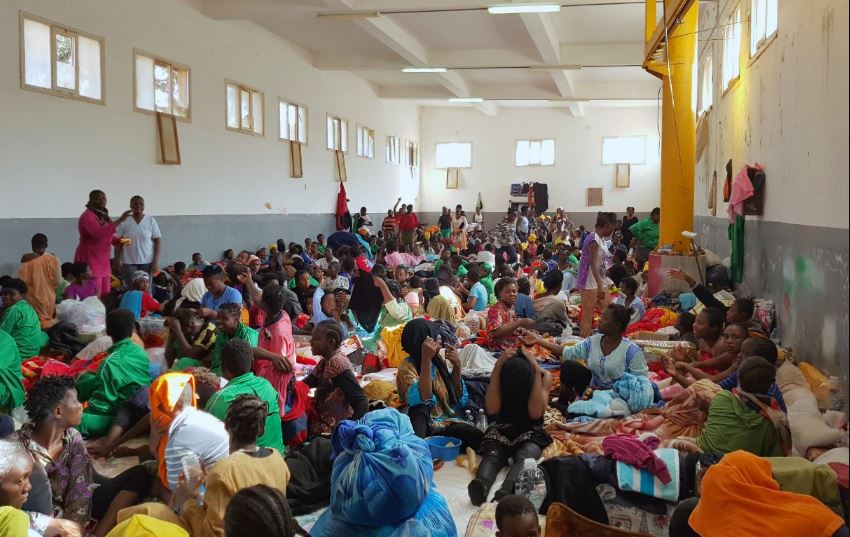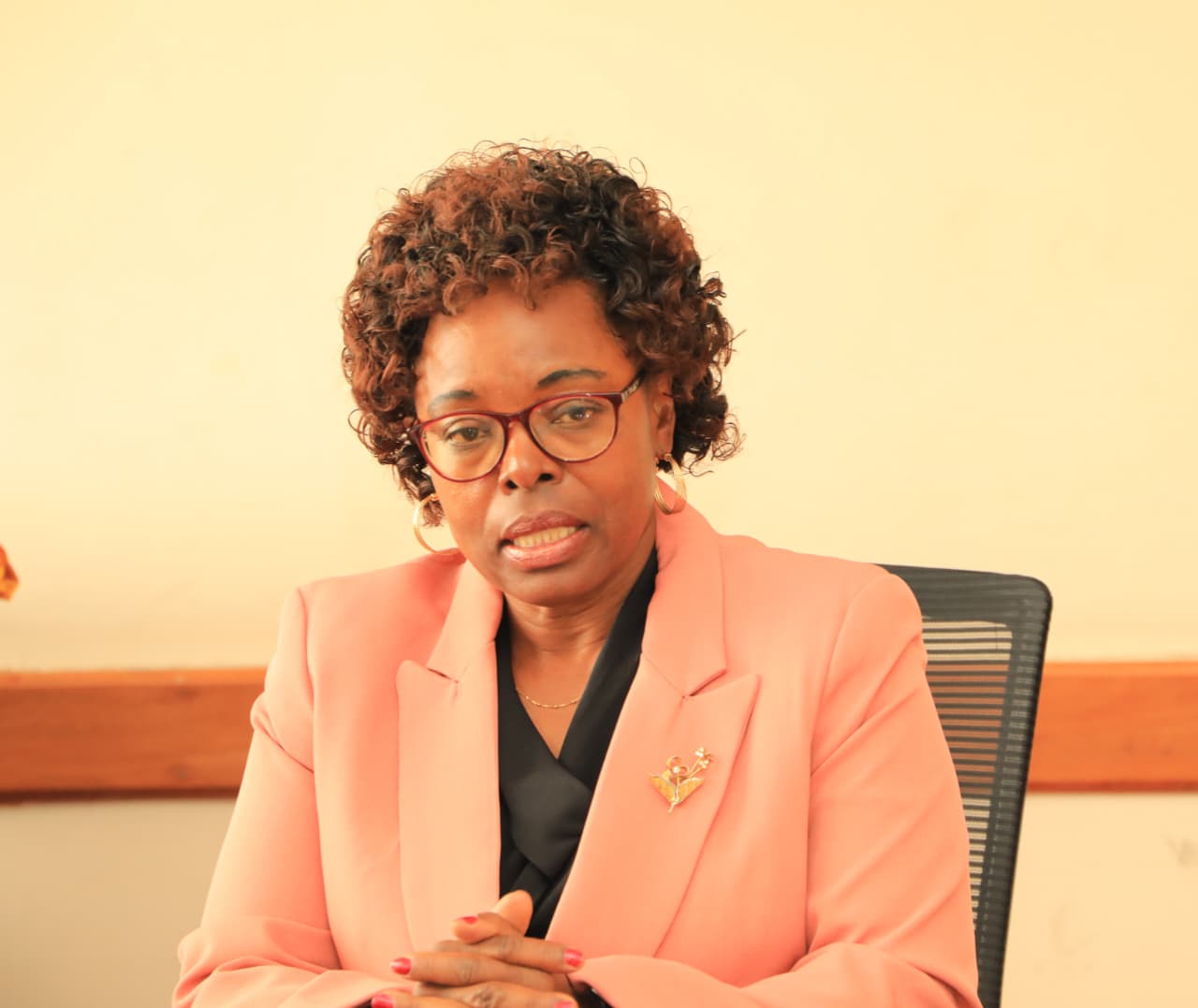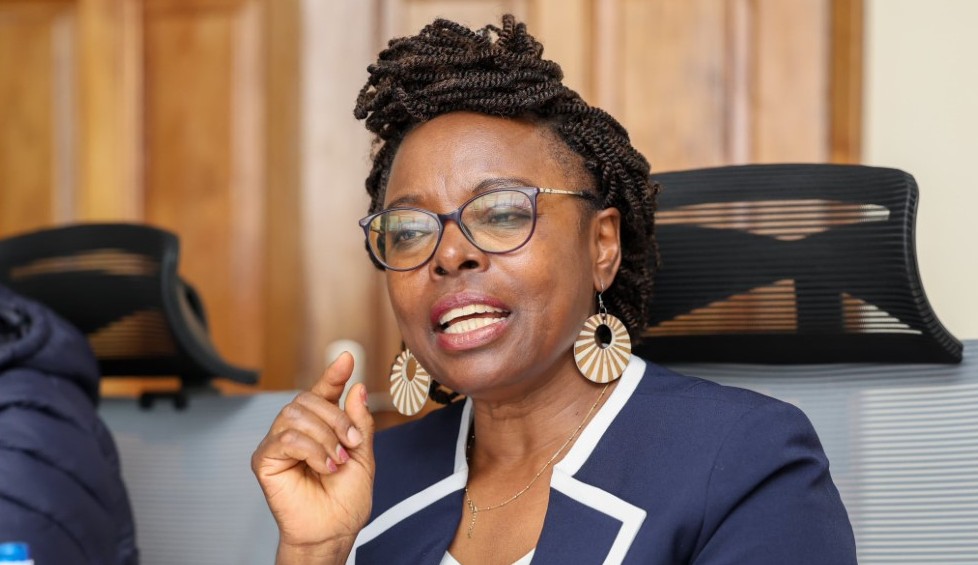Cardiac arrest explained: The 'silent killer' reportedly behind Raila Odinga's death
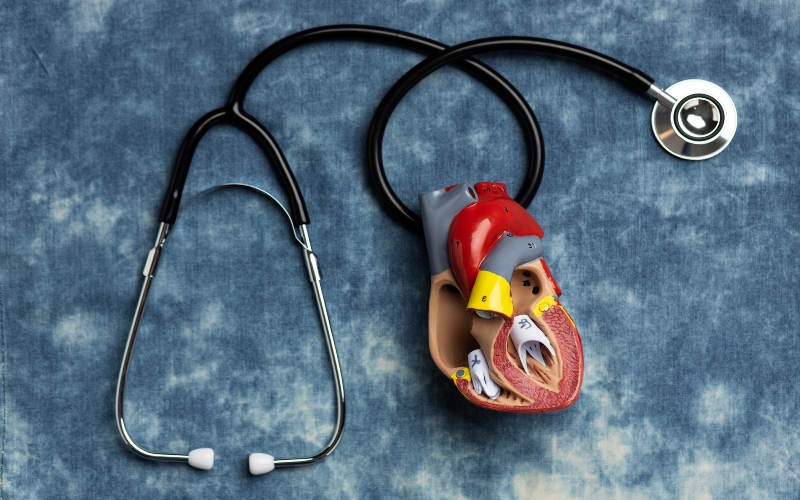
Cardiac arrest occurs when the heart suddenly stops beating effectively, causing blood flow to the brain and other vital organs to cease. It is a medical emergency that can lead to death within minutes if not treated immediately.
Former Prime Minister and ODM leader Raila Odinga was pronounced dead on Wednesday morning after suffering a cardiac arrest, according to the Press Trust of India, quoting local police and hospital officials.
Odinga, 80, had travelled to Koothattukulam in Kerala's Ernakulam district to undergo Ayurvedic treatment, a traditional Indian system of medicine that uses natural therapies, diet, and holistic practices to restore balance in the body.
Cardiac arrest is a sudden failure of the heart's electrical system that causes it to stop beating effectively. Though often perceived as abrupt and unforeseeable, cardiac arrest is frequently the result of deeper, long-term conditions such as coronary artery disease, chronic arrhythmias, or untreated hypertension.
More To Read
- Winnie Odinga dismisses ODM infighting claims, says party united ahead of 2027
- Ruto approves renaming of Talanta Stadium to Raila Odinga International Stadium
- Why Beryl was buried facing the gate at the Kang’o Ka Jaramogi home
- Full implementation of NADCO report puts UDA–ODM pre-election alliance under pressure
- Saboti MP Caleb Amisi warns ODM may not survive 2027 after by-election struggles
- Raila Odinga's sister Beryl Achieng dies
Risk factors
It occurs when the heart suddenly stops beating effectively, causing blood flow to the brain and other vital organs to cease. It is a medical emergency that can lead to death within minutes if not treated immediately.
The World Health Organisation (WHO) highlights several factors that increase the risk of cardiac arrest, including underlying heart conditions such as coronary artery disease, heart attacks, heart failure, and arrhythmias (irregular heartbeats).
Other risk factors include high blood pressure, diabetes, smoking, obesity, excessive alcohol use, physical inactivity, and a family history of heart disease.
Cardiac arrest often occurs suddenly without warning, but some signs may precede it. These include chest pain, shortness of breath, palpitations, dizziness, or fainting. During cardiac arrest, the person collapses, loses consciousness, stops breathing or has abnormal breathing, and has no pulse.
Immediate treatment is critical. Cardiopulmonary resuscitation (CPR) should be started as soon as possible to maintain blood flow to vital organs. The use of an automated external defibrillator (AED) to deliver an electric shock can restore the heart's normal rhythm.
Emergency medical services must be contacted immediately. Long-term treatment depends on the underlying cause and may include medications, lifestyle changes, and in some cases, surgical procedures such as implantable cardioverter-defibrillators (ICDs) or coronary artery bypass grafting.
Ayurvedic treatment
According to sources, Odinga was seeking Ayurvedic treatment in India, which, according to the WHO, is a traditional system of medicine practised in India for over 3,000 years. It emphasises balancing the body, mind, and spirit through personalised treatments based on three fundamental energies known as doshas.
Ayurvedic care involves a variety of therapies, including herbal remedies, oil massages, detoxification processes such as Panchakarma, as well as diet, yoga, and meditation. While Ayurveda is widely used as a complementary therapy, some of its treatments lack rigorous scientific validation, and there are safety concerns regarding the use of unregulated herbal supplements.
Odinga has faced various health issues over the years. There have been reports of him managing chronic health conditions, which is common among people of his age group and can increase the risk of heart problems.
In addition, his visits to health facilities both in Kenya and abroad, including in countries like India, have occasionally made headlines, reflecting his reliance on both conventional and alternative treatments, such as Ayurvedic therapy, to manage his health.
Despite these challenges, Odinga remained active in politics and public life until his recent illness.
Top Stories Today
